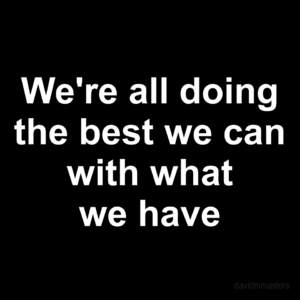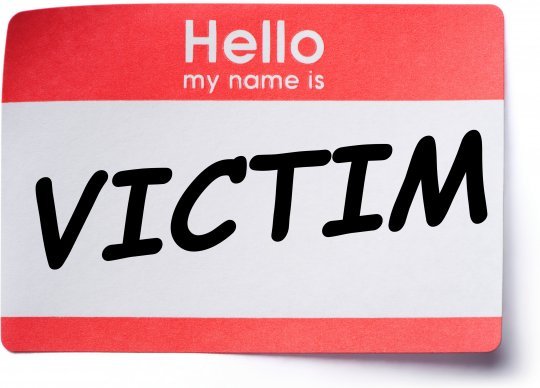We are all haunted by the demons which haunt us from our past. As much as we try to do our best to move forward to enjoy the best things in life, without victory over the past, the issues which we hold close to our hearts, those things which we have loved, lost, and hurt our feelings continue to haunt us.
Being a victim of the past disempowers us and gives the power we could potentially wield to those people, situations, and circumstances which overtake our attention, preventing us from enjoying to the fullest the best things this life has to offer. Left to themselves, this unresolved trauma can overtake you and ruin any possibility of having any hope of experiencing prolonged joy.
Relationships trigger these memories and the emotions connected to them, bringing them to the surface, even if we’re unaware of what’s happening. Unless you know this is what’s happening, it could have a negative impact on the relationship.
If you can look at this as a gift from God, as a way to bring our hidden emotional demons to the surface so we can deal with and exorcise them, then it will not seem so much like a curse or irrational pain on the loose.
Left unresolved, issues from your past will continue to appear affecting the lens through which you see life and all relationships. Therefore, if you have unresolved issues with a parent (could be anyone or any experience from your past) which you’ve pushed down way inside and may not even be conscious of, this will color intimate relationships as you are given the opportunity to deal with those issues which do not serve you.
Ignored opportunities will look as though you are overreacting to something that would otherwise be perceived as a minimal challenge, insignificant, or benign. Yet, here you are, all emotionally charged up, being ruled by the very thing which needs to be brought up and cleared.
We are all triggered and react in different ways when this opportunity presents itself.
This is God’s invitation for you to deal with and heal hidden or ignored trauma from the past. Without this natural mechanism of using relationships to allow unresolved issues from the past to appear, you would forever be a victim of the past.
God wants you to be free, to enjoy life, and have victory over the past.
To have victory over the past you must be brave and courageous to face the virtual demons of the past that haunt you.
It’s not enough to ignore the past and pretend that it just didn’t happen. This will only allow those issues to slowly eat away at you, robbing you of joy, promoting the deterioration of your immune system leading to disease and advanced aging, even premature mortality.
Some of the trauma from the past will have you seeing yourself vulnerable and a potential victim of abuse from those who are closest to you when no threat is actually present.

You may also have feelings of fear, unworthiness, feeling as though you cannot be truly understood, disrespected, feeling as though you are being unjustly criticized, and the inability to trust other people. You are easily offended and are poised to defend yourself, always on the alert for some potential threat.
These are just a few of the signs that may be calling you to look within, especially if it appears to be a reaction which might be considered excessive based on the facts when viewed objectively.
When they appear, have the courage to look inside. The feelings you are experiencing may not have anything to do with your partner (though admittedly, it may feel like it at the time), it may be an unresolved issue from your past begging to be unearthed and set free.
Love brings these things to the surface, and love is the key that unlocks the trunk where all the things holding you back are contained within.
If you do not take the opportunity to deal with these issues, you are likely to project them on your partner and your potential for true love may not be recognized or available to you.
The good news is that love is never failing, and you will be presented with another opportunity to deal with these issues when the next opportunity for love arises.
See you at the Soulmate Wizardry event.







